
Quinoa, maca and other health tips
A superfood is generally one that is nutrient-dense with vitamins and minerals that provide far greater health benefits than other foods.
When talking about healthy eating, it is often based on new research on specific nutrients, we hear about superfoods that are necessary for our health.
This is the case of the quinoamaca or kale, but there are many other lesser-known foods which are full of important antioxidants and nutrients and should be incorporated into our daily diet.
When we choose to take a superfood over a less beneficial food, we give our body a source of energy, but if we take more than one of these foods, the advantages are, logically, greater.
With the imminent arrival of Christmas, we recommend a number of superfoods that perhaps you could incorporate into your diet from now on:
Quinoa
Quinoa was named food of the year in 2013, and has been singled out by the FAO as a food with high nutritional value, impressive biodiversity and a key role in achieving global food security.
Recently, research is being carried out on certain antioxidant phytonutrients in quinoa and two flavonoids - "quercetin and kaempferol". which are known to be provided by quinoa in a highly concentrated amount. In fact, the concentration of these two flavonoids in quinoa is higher than in high flavonoid berries, such as blueberry.
Quinoa also has anti-inflammatory phytonutrientsThe combination of which may be key to understanding preliminary animal studies showing a reduced risk of inflammation-related problems, including obesity, in animals fed quinoa daily. The list of anti-inflammatory phytonutrients in quinoa is now known to include: polysaccharides such as arabinans and rhamnogalacturonans; hydroxycinnamic and hydroxybenzoic acid; flavonoids such as quercetin and kaempferol; and saponins including molecules derived from oleanic acid, hederagenin and seriric acid. Small amounts of the anti-inflammatory omega-3 fatty acid, alpha-linolenic acid (ALA), are also provided by quinoa.
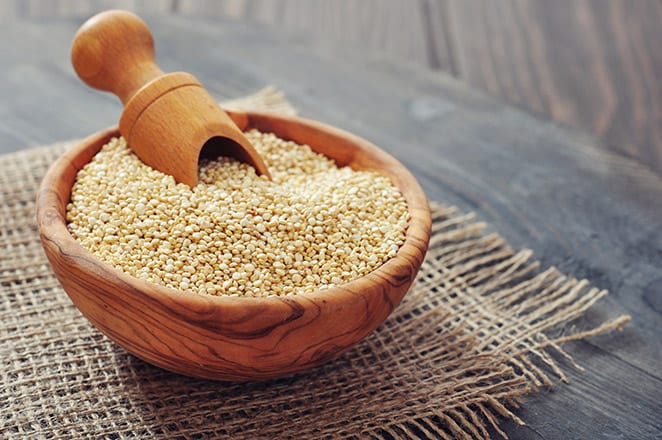
Quinoa also provides us with heart-healthy fats such as monounsaturated fat in the form of oleic acid, in higher values than wheat, and also small amounts of the omega-3 fatty acid, alpha-linolenic acid.
Recent studies have shown that quinoa does not oxidise as quickly as might be expected given its higher fat content. This finding is great news from a nutritional point of view.. The processes of boiling, simmering and steaming quinoa do not appear to significantly compromise the quality of quinoa's fatty acids, allowing us to enjoy its cooked texture and flavour while retaining this nutrient benefit. Scientists have speculated that it is the diverse array of antioxidants found in quinoa - including several members of the vitamin E family such as alpha-, beta-, gamma- and delta-tocopherol, as well as flavonoids such as quercetin and kaempferol - that contribute to this oxidative protection.
Maca
Maca root (lepidium meyenii) is an adaptogen and an adaptogen. member of the cruciferous family, like broccoli and cabbage, but due to its unique characteristics it is considered one of the world's natural "superfoods".. Maca is cultivated in the mountains of South America, mainly in the high altitude regions of Peru.
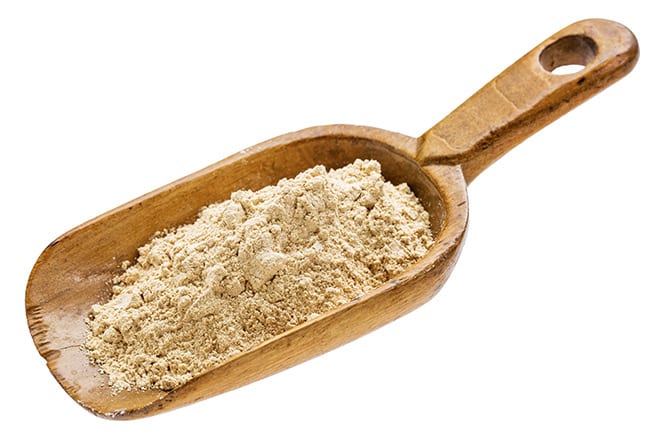
The nice root is generally available in the form of dust after it has been harvested and put underground. The benefits of maca root include a positive effect on hormone balance, energy levels and a health boost.
The benefits of maca root include It increases fertility in men and women, balances hormones, boosts the immune system, and increases energy, stamina, sexual function, memory and concentration. It is also anti-cancer and anti-depressant.
Kabocha Gourd
Like all winter squashes, the kabocha is filled with carotenoids and vitamin A for eye healthin addition to vitamin C, fibre and many other vitamins, minerals and antioxidants. This small green pumpkin is the only one where you can eat the skin covering the sweet orange flesh.
Fennel
This herb is packed with an abundance of vitamin A, vitamin C, fibre and potassium, and it has also been shown to helps fight inflammation. With the flavour of liquorice and the texture of celery, fennel makes a lovely and unique addition to many salads and side dishes.
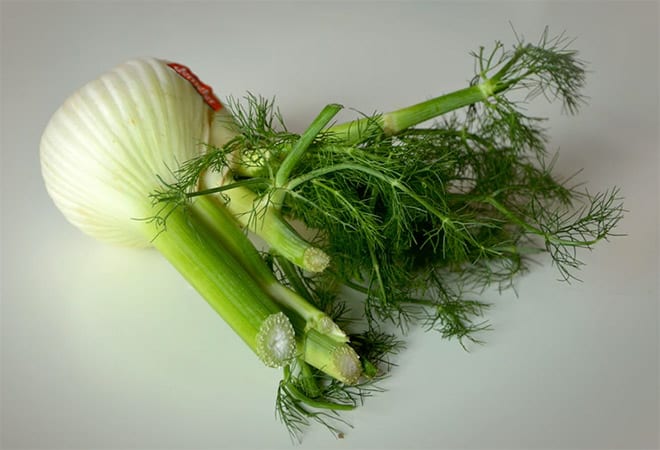
Baobab
This African fruit is naturally dehydrated inside the pod, so it is particularly high in vitamin C, potassium and calciumas well as fibre, magnesium and other antioxidants. Those who move a lot, can easily add baobab powder in smoothies or yoghurt for a delicious and nutritious health boost".
Turmeric
This strong yellow spice can make wonders for your immune system.
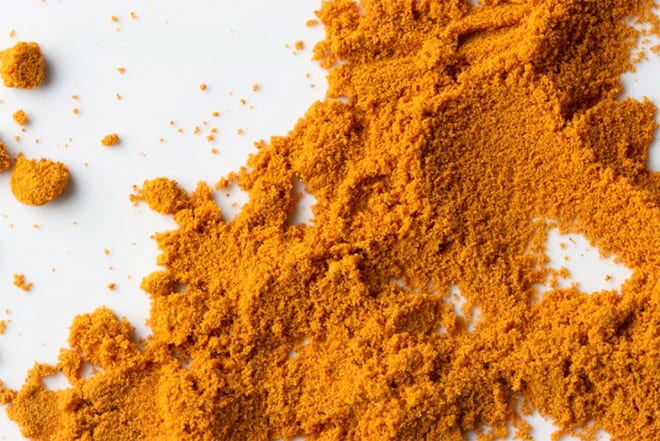
It is anti-inflammatory, can help fight infections, and may even protect against cancer, according to numerous studies. Sprinkle the spice on your eggs, in soups, or even in smoothies for an immune system boost.
Beetroot
Full of folate, manganese, potassium and antioxidants, the jewel-coloured vegetable is anti-inflammatory and detoxifying. "Its buttery texture and slightly sweet taste makes it the perfect addition to any main dish or salad when served steamed or roasted.
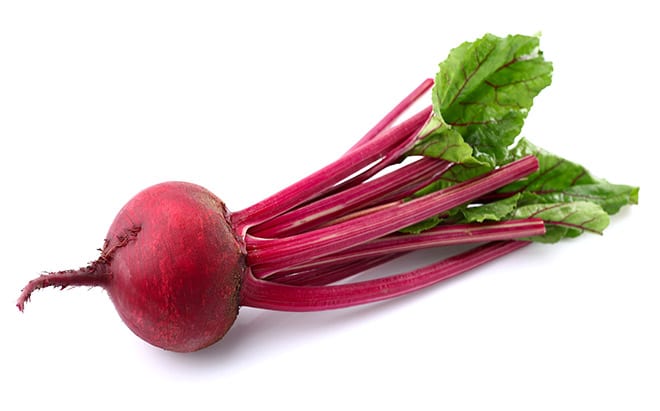
Teff
Hailing from Ethiopia, teff is a grain that is often used as a gluten-free flour alternative. It is full of protein, fibre, calcium and iron, and can be eaten whole, steamed, boiled or baked, making it a versatile choice for meals.
Black raspberries
Most of us know that red raspberries are an incredible source of antioxidants, but black raspberries are packed with positive properties as well. In fact, a study published in the journal Open Chemistry found that black raspberries contain three times the amount of antioxidants as their red counterpart.
Incorporating different Superfoods into your meals can change your diet and ensure you are getting the right balance of vitamins and other nutrients.


2 thoughts on “Súperalimentos para cuidar tu salud”
Superfoods are essential, especially in times of nutritional deficiencies. Thanks to them we can provide our organism with all the levels necessary for its proper functioning.
Comments are closed.